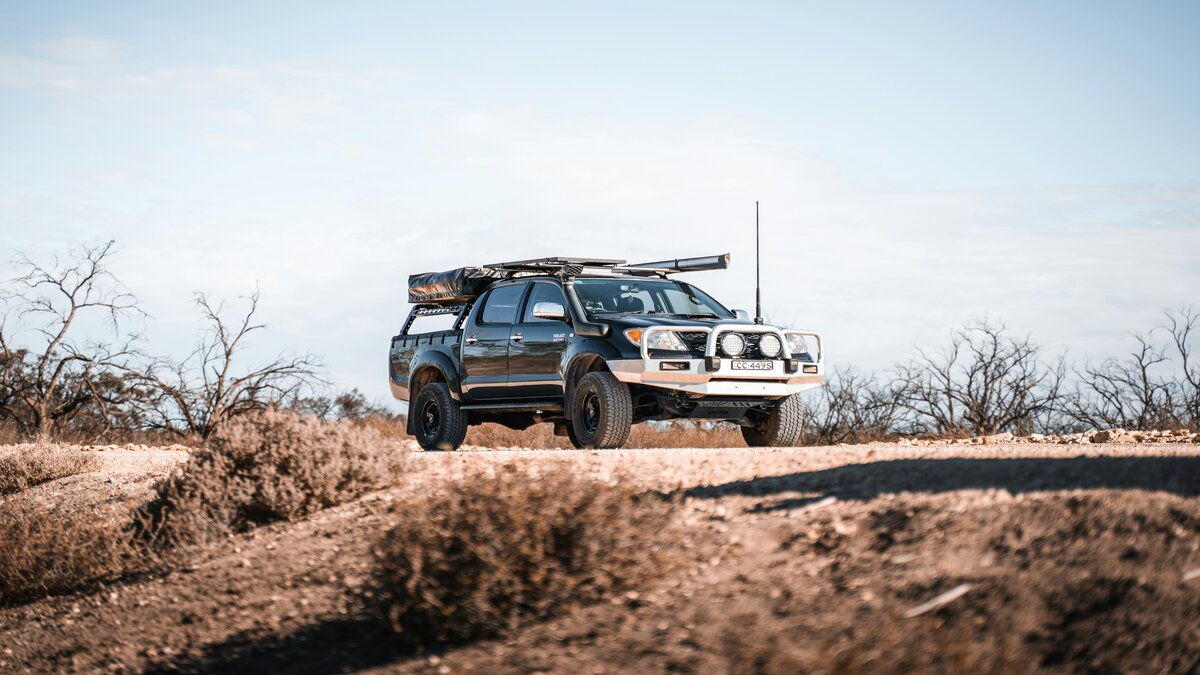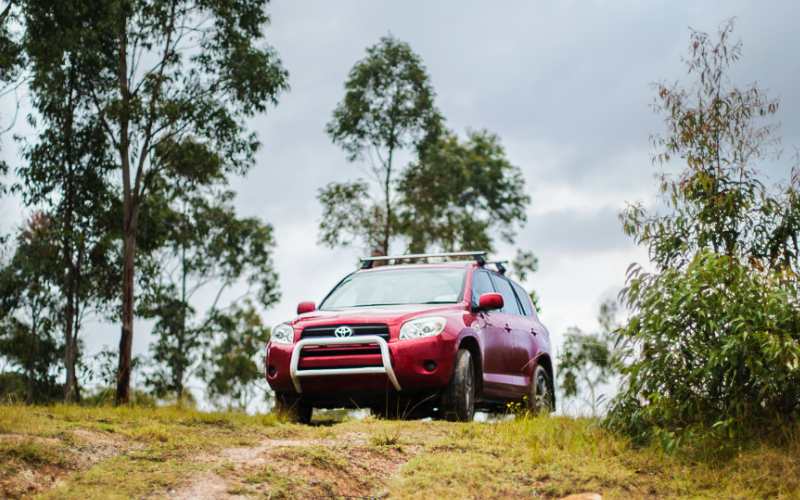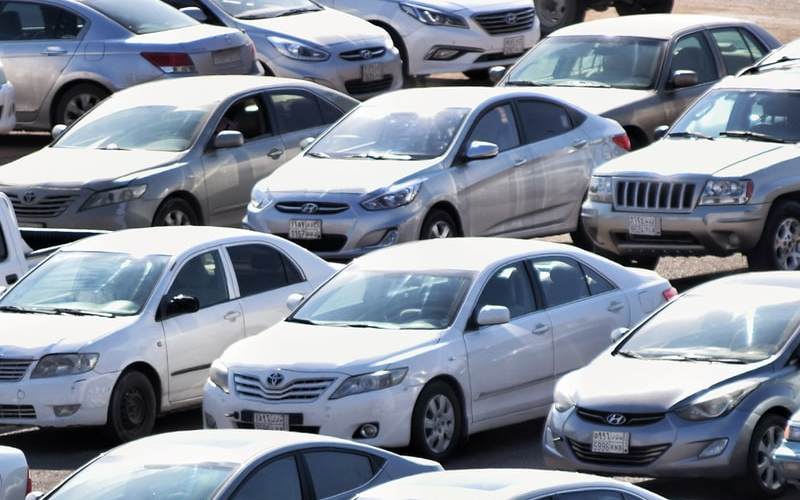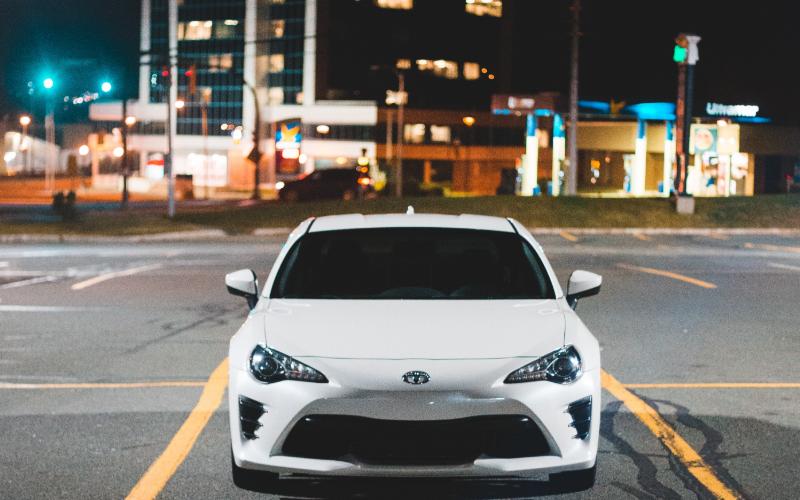The Covid pandemic wreaked havoc on the car industry, with new car sales plummeting then surging to lofty heights. Early through the pandemic in 2020, new car sales recorded sharp dives. Shortly after and into 2021, however, new car sales started rebounding strongly. Then supply issues started hitting.
So, what's the deal and when will this Covid-induced car sales mania end?
- Should you buy a car right now?
- How to negotiate with a dealership
- Are car buying services a good idea?
Advertisement
In the market for a new car? The table below features car loans with some of the lowest and variable fixed interest rates on the market.
| Lender | Car Loan | Interest Rate | Comparison Rate* | Monthly Repayment | Interest Type | Vehicle Type | Maximum Vehicle Age | Ongoing Fee | Upfront Fee | Total Repayment | Early Repayment | Instant Approval | Online Application | Tags | Features | Link | Compare | Promoted Product | Disclosure |
|---|---|---|---|---|---|---|---|---|---|---|---|---|---|---|---|---|---|---|---|
5.99% p.a. | 7.12% p.a. | $580 | Variable | New | No Max | $8 | $400 | $34,791 |
| Promoted | Disclosure | ||||||||
6.52% p.a. | 6.95% p.a. | $587 | Fixed | New, Used | No Max | $0 | $350 | $35,236 |
| Promoted | Disclosure | ||||||||
6.28% p.a. | 6.28% p.a. | $584 | Fixed | New | No Max | $0 | $0 | $35,034 |
| Promoted | Disclosure |
Should I buy a new car right now or wait?
New car sales in 2022 have largely been flat, and demand has outweighed supply, pushing the price of cars up.
The secondhand market in particular has gone gangbusters as motorists struggle to get their hands on new cars.
The Federal Chamber of Automotive Industries' chief executive Tony Weber explained why.
"Automotive manufacturers continue to suffer from a shortage of microprocessor units which is impacting their ability to ramp up production to pre-pandemic levels," Mr Weber said.
"Covid-19 continues to impact manufacturing and supply, particularly where factories have been forced to close and shipping operations are yet to fully recover - reflected in the extended delivery times for new vehicles."
In the year to February 2022, Moody's Analytics' used car price index increased 15.6%.
The vehicle retention ratio, which refers to price versus the manufacturer suggested retail price rose 13.6%.
Michael Brisson, Moody's Analytics senior economist, said elevated prices will continue until supply chain issues are figured out.
Previously Mr Brisson did not forecast supply chain issues to iron-out until mid-2022.
"A 2020 Toyota Hilux that has been driven 15,000 kilometres per year starting in January 2020 is worth the same amount today as the day it was driven off the dealer’s lot," he said in November.
"A lack of inventory has kept prices steady despite headwinds from rapidly rising fuel prices."
From the start of the pandemic in March 2020 to October 2021, used ute prices in particular are up 39%.
Rewind back to 2020
Auto Expert’s John Cadogan told Savings.com.au in April 2020 that period could have been an ideal time to buy a car.
“It’s actually a perfect storm in terms of new car buying,” Mr Cadogan said.
"Last month [March 2020] marked 24 months in a row of continuous sales declines in new cars. It [coronavirus] will really hit the car market hard."
This was before supply chain issues starting hitting car manufacturers, and many brands continued shipping vehicles to Australia.
This was because profit margins were so thin so they couldn't afford to stop shipping, despite lockdowns initially hampering car buyers' ability to purchase vehicles.
"Production has to equal sales, they have to keep the production up," he said.
"This month [April 2020] will be an unmitigated disaster [for dealerships], or an unmitigated positive if you’ve got 30, 40 or 50 grand to spend."
Gumtree saw an uptick in vehicle views and dealer connections on the site, with an 11% increase in dealer listings, according to its Head of Motors Richard Dicello.
“[This is] indicating that more and more dealers are adapting to these new circumstances, and are still looking to connect with intenders via the platform,” he said.
“Furthermore, we have seen many dealers implement new features that support car shoppers in their online research - for example, by offering virtual inspections.”
Managing director Wade Bartlett, of Fleet Avenue - a car buying service - told Savings.com.au that dealers were still keen to move stock when the pandemic kicked off.
“For those wanting to buy before end of financial year, it’s a good time to ‘test the waters’ and see if a good deal presents itself,” he said.
“We’ve noticed that fleet dealers are keen to move stock and will do just about anything to do so.
“If the car you want is in stock or under floor plan (dealer finance), the dealers will be even more motivated to sell it.”
Asset write offs for SMEs inducing demand?
Through the pandemic, the Government boosted the instant asset write-off program available for small businesses to $150,000.
Businesses could also claim a faster rate of depreciation.
Mr Cadogan said the asset write-offs could be a ‘why not’ type of scenario for businesses, and it's arguable the program may have induced demand particularly for utes and SUVs.
“I really believe that it will be not all that helpful to society at large, but if you’re in business and business is going OK and you want to write off 100 grand this year then happy days,” he said.
How to negotiate with a dealership
Usual dealership negotiation tactics still apply despite Covid throwing a spanner in the works, according to Mr Cadogan,
“You’ve got to know what the fair value of that car is, and say ‘Here’s what I’m prepared to pay you for it',” he said.
Early pandemic, he recommended buyers played hard ball and demand 10 to 15% off the drive away price.
Mr Cadogan says shoppers should not be afraid to walk away, and that they often make the mistake of ‘asking permission’ for a deal, rather than negotiating hard.
“Dealers are so good at ambush, they’ve got such a finely-tuned system in place to extract money," he said.
“They’re more than happy to capitulate on the price if they can gut you on the trade in, gut you on the paint protection and gut you on the warranty.”
Mr Dicello also encouraged buyers to use this quiet period to research cars online and find out the fair value for cars.
Can a car buyer save you money?
Car buying services - where professionals negotiate with dealers on your behalf - are an increasingly attractive proposition.
Fleet Avenue estimates the end consumer saves between 8-12% off the manufacturers' recommended retail price by enlisting a car broker - less popular makes and models can attract a greater discount.
Auto Expert’s Cadogan, who offers his own car buying service, says those who are unprepared should look at such a service, as talking to a dealer unprepared is akin to walking into a trap and standing on the X.
“You’ve got to control the dynamics of the commercial dealing, and if you don’t do that it’s a good idea to get a car broker or buyer … because they’re much less likely to stand on the X,” he said.
Aside from that, enlisting a car broker can put the buyer at ease in regards to health precautions, according to Fleet Avenue’s Wade Bartlett.
“You can do the research from the safety and comfort of your own home or office and we can do the legwork,” he said.
Article first published 20 April 2020, last updated 11 May 2022.
Photo by Trinity Nguyen on Unsplash




.jpg)

 Denise Raward
Denise Raward
 Harry O'Sullivan
Harry O'Sullivan

 Harrison Astbury
Harrison Astbury


